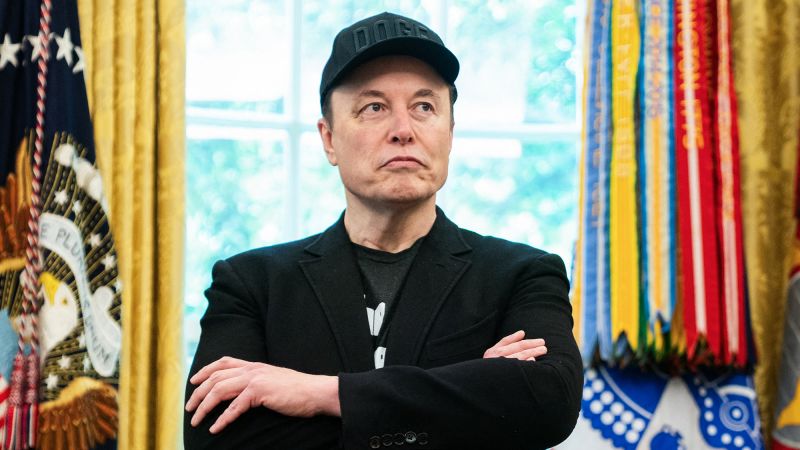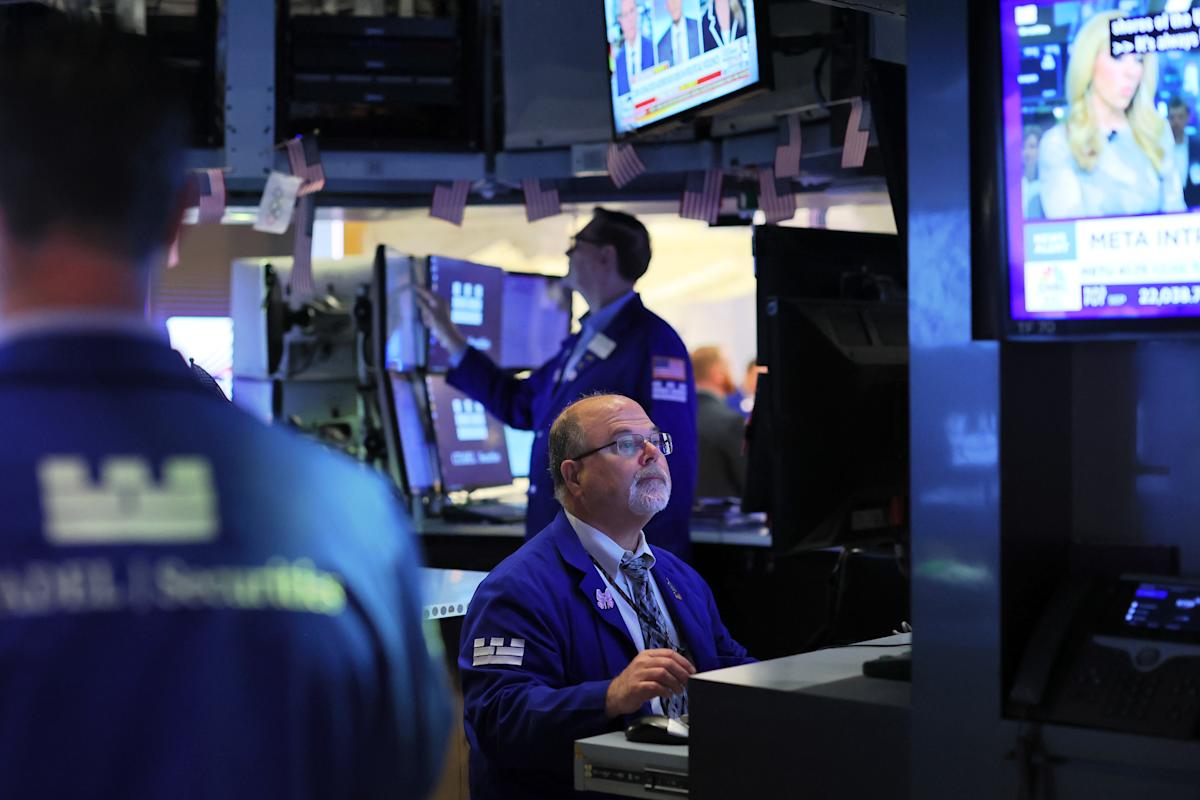
X Corp, the parent company of the social media platform X (formerly Twitter) owned by Elon Musk, filed a federal lawsuit against the state of New York on Tuesday. The suit challenges the constitutionality of a recently enacted state law requiring social media companies to disclose their policies and practices for tracking and moderating content categorized as hate speech, extremism, disinformation, harassment, and foreign political interference.
The law in question, passed as part of New York’s post-2022 efforts to bolster online safety and reduce digital harm, mandates that platforms operating in the state publicly detail how they detect and respond to harmful online behaviors. State lawmakers introduced the measure in response to growing concerns over the role of social media in spreading violent rhetoric and misinformation.
In its complaint, X Corp contends that the law infringes on First Amendment protections by imposing regulatory burdens on free speech and editorial discretion. The company argues that forcing platforms to reveal internal moderation strategies and decisions constitutes compelled speech and interferes with content curation policies.
“This law is not only a violation of free speech principles but also sets a dangerous precedent for government overreach into the operations of private digital platforms,” the company claims in court filings.
Legal experts anticipate that the case may set an important precedent in the ongoing national debate over online speech regulation. The lawsuit is one of several legal challenges X Corp and other tech companies have initiated in recent years as states across the U.S. adopt tougher content transparency and moderation laws.
The New York Attorney General’s Office, which would be responsible for defending the state in the lawsuit, has yet to issue a formal response. However, state officials have maintained that the law is a necessary and narrowly tailored approach to protect users from the spread of online hatred and misinformation.
As the case moves through the courts, both tech industry leaders and free speech advocates are closely watching its implications for the future of internet regulation and platform accountability.
Source: https:// – Courtesy of the original publisher.








